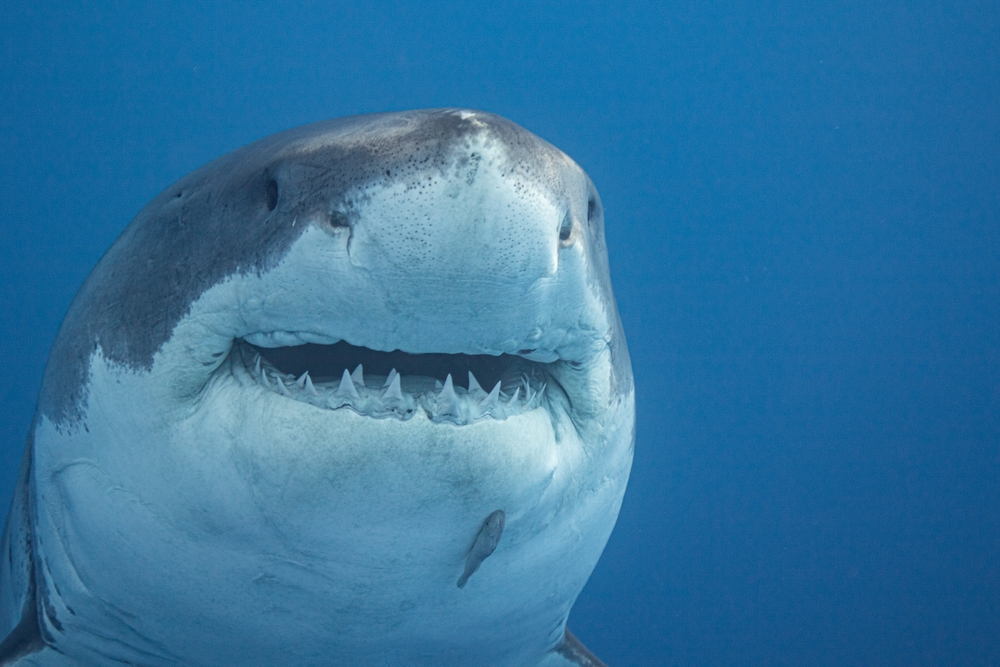Marine scientists have discovered alarming levels of cocaine in sharks off the coast of Brazil.
Others are reading now
Marine scientists have discovered alarming levels of cocaine in sharks off the coast of Brazil.
13 Sharks Tested
According to Ziare marine biologists tested 13 sharpnose sharks from the shores near Rio de Janeiro and found significant concentrations of cocaine in their muscle and liver tissues. The concentrations were up to 100 times higher than previously reported in other aquatic creatures.
This groundbreaking research, conducted by the Oswaldo Cruz Foundation, is the first to detect cocaine presence in sharks.
Experts believe the drug enters the water through illegal drug manufacturing labs or directly from the excrement of drug users. While packages of cocaine lost or discarded by traffickers at sea could also be a source, researchers consider this less likely.
Also read
Affects Shark Behavior
Sara Novais, a marine ecotoxicologist at the Marine and Environmental Sciences Centre at the Polytechnic University of Leiria, highlighted the significance of these findings.
She stated to Science magazine that the discoveries are “very important and potentially concerning.”
All the female sharks in the study were pregnant, yet the effects of cocaine exposure on the fetuses remain unknown, raising further concerns.
Additionally, more research is needed to determine if cocaine affects shark behavior. Previous studies suggest that drugs likely have similar effects on animals as they do on humans. For example, last year, chemical compounds, including benzoylecgonine—a byproduct of cocaine metabolism in the liver—were found in seawater samples off the south coast of England.


